Blog
Ten Foods That Are Good For Your Body And Your Smile
March 3, 2011
Can what you eat be good for your teeth as well as your body? Read More
Can my dentist turn snoring into sleeping beauty?
February 21, 2011
If putting the pillow over your head hasn't put an end to your misery over your partner's snoring, there's hope. Or if you're tired of your snoring being the cause of someone else's sleeping issues, it's time to take action. Read More
Sip all day. Get decay. Soda can harm your oral health.
February 15, 2011
The phrase "Sip all day. Get decay." was originated and made popular by the Minnesota Dental Association. This phrase captures the connection between soda and tooth decay, and it has caught on in family dental centers around the country due to the increased incidence of tooth decay caused by soda and other high-sugar beverages. Read More
What To Expect When You're Expecting, Or Would Like to Be: A Trip to the Dentist is Important for Moms-To-Be or If You May Be Soon…
February 13, 2011
If you are expecting a baby or would like to be soon, visit your family dental center as part of your efforts to be a healthy mom and have a healthy baby. Read More
Does a Healthy Smile Lead to a Healthy Heart? Research shows a link between oral and overall health
February 8, 2011
February is National Heart Disease Awareness Month, in recognition of the fact that heart disease is the leading cause of death in the United States. This month is dedicated to raising awareness about heart disease and increasing knowledge about prevention. But did you know that better dental health can help improve your heart health? Read More
Your dentist may be able to relieve chronic headaches caused by TMJ
February 1, 2011
Headaches are one of the most common symptoms of a TMJ (temporomandibular joint) problem. Tension headaches are the most common type of headache, and the TMJ headache is a tension type of headache. It is often described as a feeling of wearing a hat two sizes too small, with pain in a ring around the head, or as a migraine headache. Read More
Braces-Friendly Eating Tips: Dietary Guidelines for Orthodontic Patients
January 22, 2011
When you abide by the rules of what to eat and what not to eat when wearing braces, you're doing yourself a favor. Your orthodontist gives you dietary guidelines for a reason. When you are wearing braces, it is important to avoid certain foods that can damage the orthodontic appliances, brackets, and wires, which may cause delays in treatment. The key rule is: nothing hard, sticky or chewy! Here's a handy red-yellow-green light list of do's and don'ts when it comes to snacking while wearing braces. Read More
How Do I Know If I Have Gum Disease & What Can I Do About It?
January 17, 2011
You may have gum disease, also known as periodontal disease, if you answer yes to one or more of the following questions. Read More
Fluoride: Too Much of a Good Thing?
January 10, 2011
A recent news article announced plans by The U.S. Department of Health and Human Services to lower the recommended level of fluoride in drinking water for the first time in nearly 50 years, based on a fresh review of the science. This plan echoes the recommendation that your neighborhood First Choice Dental team has been sharing with patients for years. First Choice Dental and the American Dental Association continue to advocate the use of fluorides as a proven method to prevent tooth decay. Read More
